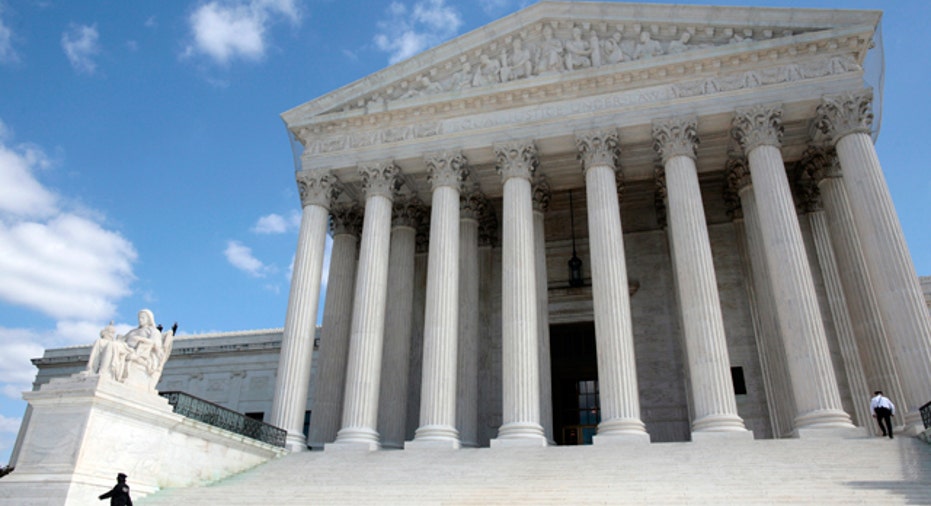Supreme Court Upholds Affordable Care Act Tax Subsides

The U.S. Supreme Court on Thursday upheld the nationwide availability of tax subsidies that are crucial to the implementation of President Barack Obama's signature healthcare law, handing a major victory to the president.
The court ruled on a 6-3 vote that the 2010 Affordable Care Act, widely known as Obamacare, did not restrict the subsidies to states that establish their own online healthcare exchanges. It marked the second time in three years that the high court ruled against a major challenge to the law brought by conservatives seeking to gut it.
Chief Justice John Roberts was joined by fellow conservative Justice Anthony Kennedy and the court’s liberal members in the majority.
"Congress passed the Affordable Care Act to improve health insurance markets, not to destroy them," Roberts wrote, adding that nationwide availability of the credits is required to "avoid the type of calamitous result that Congress plainly meant to avoid."
The decision means the subsidies will remain not just in the 13 states that have set up their own exchanges and the three states that have state-federal hybrid exchanges, but also in the 34 states that use the exchange run by the federal government.
Obamacare - 2015 Total On Exchange Enrollment | HealthGrove!function(d,s,id){var js,fjs=d.getElementsByTagName(s)[0],p=/^https:/.test(d.location)?'https':'http';if(!d.getElementById(id)){js=d.createElement(s);js.id=id;js.src=p+"://cdn1.findthebest.com/rx/widgets.js";fjs.parentNode.insertBefore(js,fjs);}}(document,"script","ftb-widgetjs");
The case centered on the tax subsidies offered under the law, passed by Obama's fellow Democrats in Congress in 2010 over unified Republican opposition, that help low- and moderate-income people buy private health insurance. The exchanges are online marketplaces that allow consumers to shop among competing insurance plans.
The question before the justices was whether a four-word phrase in the expansive law saying subsidies are available to those buying insurance on exchanges "established by the state" has been correctly interpreted by the administration to allow subsidies to be available nationwide
Roberts wrote that although the conservative challengers’ arguments about the plain meaning of the statute were “strong,” the “context and structure of the act compel us to depart from what would otherwise be the most natural reading of the pertinent statutory phrase.”
Justice Antonin Scalia took the relatively rare step of reading a summary of his dissenting opinion from the bench.
Americans Without Health Insurance in 2014 | HealthGrove!function(d,s,id){var js,fjs=d.getElementsByTagName(s)[0],p=/^https:/.test(d.location)?'https':'http';if(!d.getElementById(id)){js=d.createElement(s);js.id=id;js.src=p+"://cdn1.findthebest.com/rx/widgets.js";fjs.parentNode.insertBefore(js,fjs);}}(document,"script","ftb-widgetjs");
In his reading of the statute, "it is hard to come up with a reason to use these words other than the purpose of limiting credits to state exchanges," Scalia said.
The ruling will come as a major relief to Obama as he seeks to ensure that his legacy legislative achievement is implemented effectively and survives political and legal attacks before he leaves office in early 2017.
The current system will remain in place, with subsidies available in all 50 states. If the challengers had won, at least 6.4 million people in at least 34 states would have lost subsidies that help low- and moderate-income people afford private health insurance. The average subsidy is $272 per month.
A loss for the Obama administration also could have had a broader impact on insurance markets by deterring younger, healthier people from buying health insurance, which would lead to premiums rising for older, less healthy people who need healthcare most, according to analysts.
(Reporting by Lawrence Hurley; Editing by Will Dunham)



















